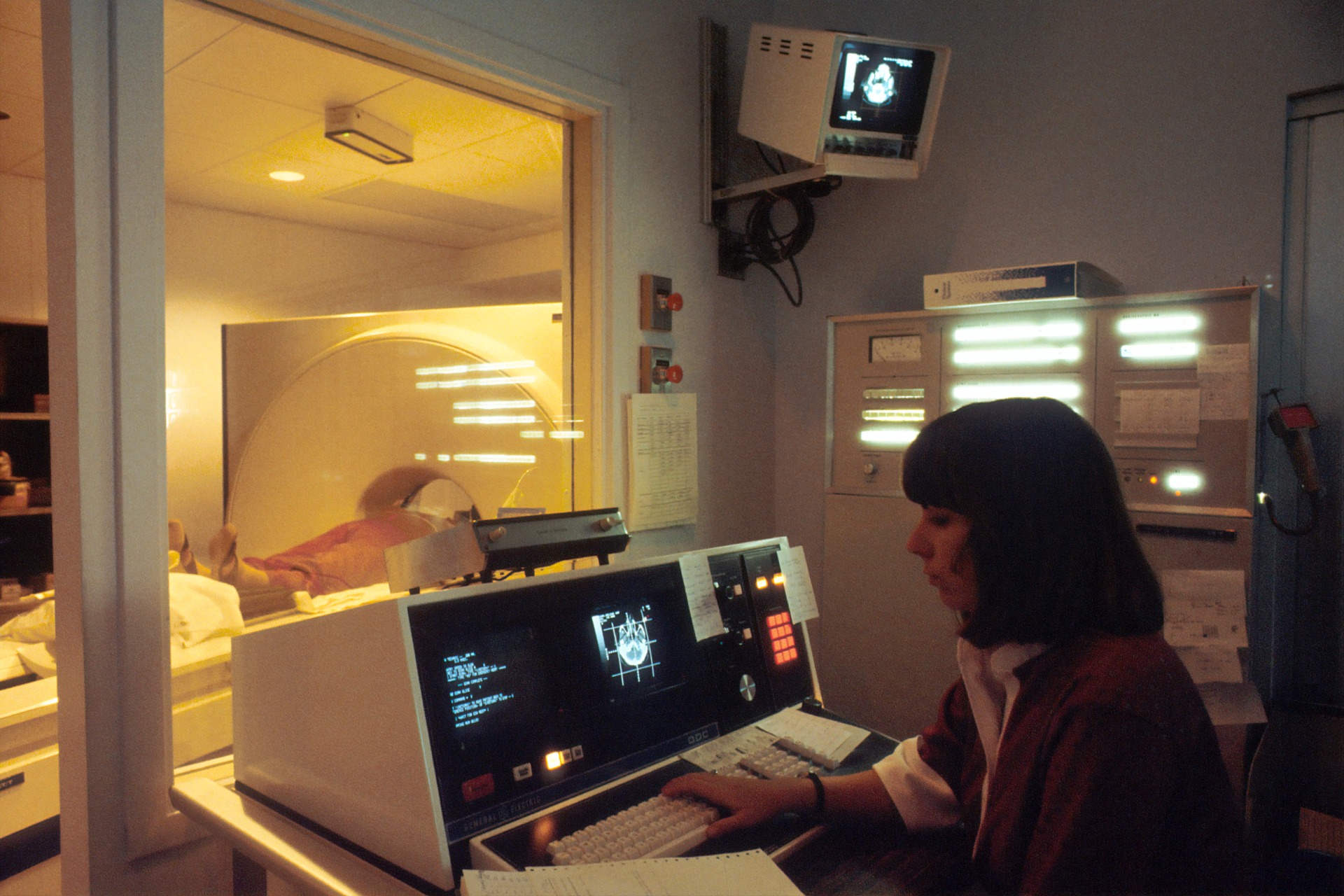Diffusion Models for MRI generation
Obtaining MRI data in medicine is challenging due to privacy concerns, such as patient confidentiality, and logistical issues like limited access to specialized imaging equipment or variability in data acquisition protocols. On the other hand, deep learning models thrive on large datasets, and their performance often suffers in data-scarce...




